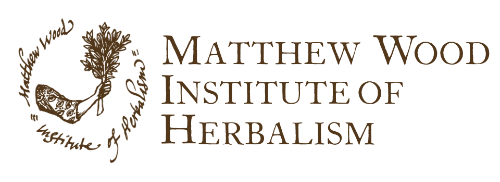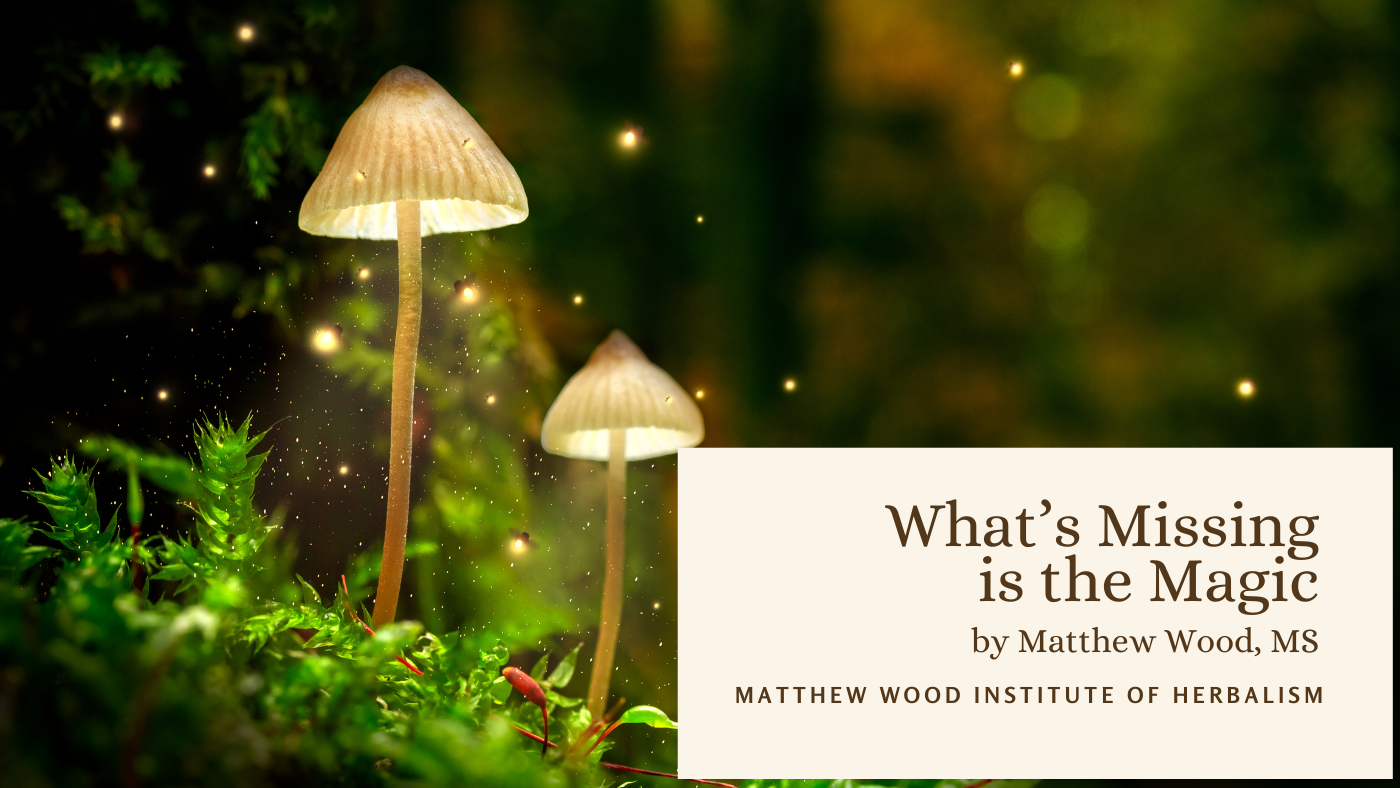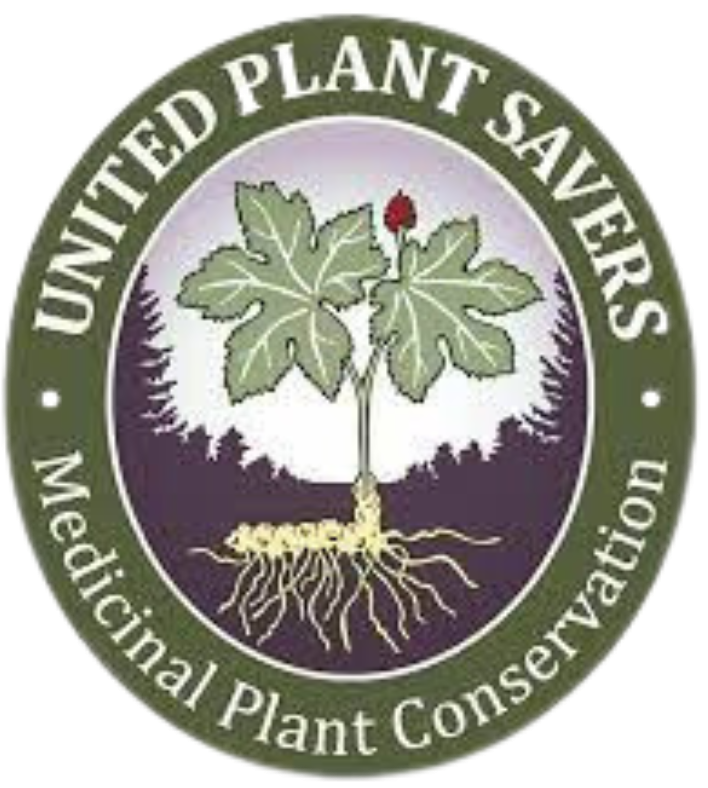For several months one winter I felt a subtle, underlying depression or malaise. It was hard to put my finger on it. After a while it didn't seem like a normal mood. It seemed like it was coming from somewhere outside myself. Like greater society.
Unlike many who would rather not work on the issues of life, I thought of it as an opportunity to learn and grow. Once I became aware of it I held my council and watched and listened in my inner space.
A lot of people seem to think the world is here for them to have a good time. If something gets in their way they feel it's unfair. Maybe even grounds for a lawsuit or a complaint to the Attorney General. If they don't want to feel the side-effects of being human they can take a pill and continue their consumer lifestyle unexamined and--indeed--incompletely lived.
One could, instead, take life as a challenge. Reserve the pain-killing pills for the really bad parts, if at all. Try to learn from mistakes, problems and pain, so as to become a more fully real person. A mistake is a damn good time to learn a lesson. It is probably the best. Likewise, a period of depression is an excellent time to learn a lesson. "Can't get what ya' want," as Mick Jagger says. So it is a good time to figure out what it is you do want and whether you can live without it or not, or what you're going to do to try and get it.
So at any rate, I was mildly depressed for a few months. I stalked that depression and what I found at the other end was most curious. It seems I live in a society that doesn't want to leave room for magic. By magic I don't mean manipulation of people by unseen forces or witches. I don't mean religion or spirituality. I don't mean God or the devil. I mean something unforeseen, a surprise, a power that is greater than the status quo--in short, something that turns over the table and makes a mess of the plans. That is not something that society wants. It wants everything to be on an even keel. Predictable. Safe.
I once wrote, "The USDA wants to outlaw 99 percent of the plant life on the planet. It is too unknown, inconvenient and, in short, "weedy!"
"Yeah, ya' never know what's gonna happen with those plants running loose all over the place. We pretty much have the animals under control--'cept the little tiny ones. It's about time we round up the plants and show 'em who's in control here."
In the future, when we can control the microbes and finally the basic chemical reactions themselves we'll really be in charge. Everybody will live to a 199, healthy, sexy and never be depressed. The magic will be gone and whatever will be left will be hell on earth.
I wasn't going to talk about the virtue of weeds--though that would be a good thing to study. There's a lot of magic there, for sure. And we will talk about that sooner or later. It's the whole anti-magical stance of society. No room for it. At the end of that blob of depression was a little tag that read: "you'd better take a stand in favor of magic or you're going to be part of a catastrophically boring and depressing state-of-mind that is conniving to take over the world." So, you know what? I believe in magic.
Furthermore, I recommend it as a general mental health tonic. Every action that everybody takes everyday is a battle ground in the great war between knownism and the unknown, predictability and magic. This battle has been going on as long as I can remember and I have, at times, felt the stabbing pain of living in a devotedly non-magical society. This is not a social milieu or government that loves herbs, or herbalists. However, this was not a stabbing pain, but something more subtle. Just a little tug on the sleeve and yet, of monumental importance. "Believe in magic or die."
If I have to explain what magic is, then you, dear reader, are already in a bad place. So let's see what our sponsors, the herbs, have to say about it. I know a little one. I've talked about it before. It's all over the place. That would be Plantain (Plantago majus), a cousin of Psyllium seed (Plantago psyllium), from which they make Metamucil and roughage for toning the bowel.
The Indians first noticed it along the trails as the white people were coming into the continent, so they called it "whiteman's footprint." It likes to grow where the ground is compacted by foot traffic. It is often found on baseball fields and in city parks.
So, did the Indian people complain about this new plant? Did they call it a "weed?" No, they studied it carefully because there was undoubtedly powerful medicine in this new interloper. Powerful magic.
Because it grows on compacted ground, Plantain knows how to pull its food supply and water up from the earth with extra force. We herbalists, the native peoples, the old midwives, and all the magical folk who lived close to the earth, say that it is a "drawing agent." It draws pus, splinters, insect venom, bacteria, out of a wound. It keeps it clean and lets it close up from the bottom up. It is especially good on boils and abscesses. I have, several times, referred to its use cleaning up dental abscesses. If you want to see something magic then put it on an abscessed tooth, an old, infected root canal, a not yet operated on infected root, etc. Identify it, pick it, chew it up and put the wad up by your tooth. It wouldn’t immediately cure a root abscess, but it will control the pain, pull off the pus, and sometimes bring the difficulty to a healthy conclusion.
We may believe in magic but you're not going to take responsibility for morons here. So identify this common weed, if you don't already know about it, or buy it at your local health food store. Take a stand in favor of magic.
Learn how to properly ID plantain, the parts used, medicinal properties and much more in our free, downloadable Materia Medica cards.
Your herbal adventure awaits! Whether you’re a green thumb or just getting started, join a FREE Plant Experience Group:
Learn how to properly ID plantain, the parts used, medicinal properties and much more in our free, downloadable Materia Medica cards.
Your herbal adventure awaits! Whether you’re a green thumb or just getting started, join a FREE Plant Experience Group:
- Facebook Plant Experience.
- Craving perks or a quieter space? Our online community offers the same great content—plus a little something extra!
**Disclaimer**
The information provided in this digital content is not medical advice, nor should it be taken or applied as a replacement for medical advice. Matthew Wood, the Matthew Wood Institute of Herbalism, ETS Productions, and their employees, guests, and affiliates assume no liability for the application of the information discussed.
The information provided in this digital content is not medical advice, nor should it be taken or applied as a replacement for medical advice. Matthew Wood, the Matthew Wood Institute of Herbalism, ETS Productions, and their employees, guests, and affiliates assume no liability for the application of the information discussed.


